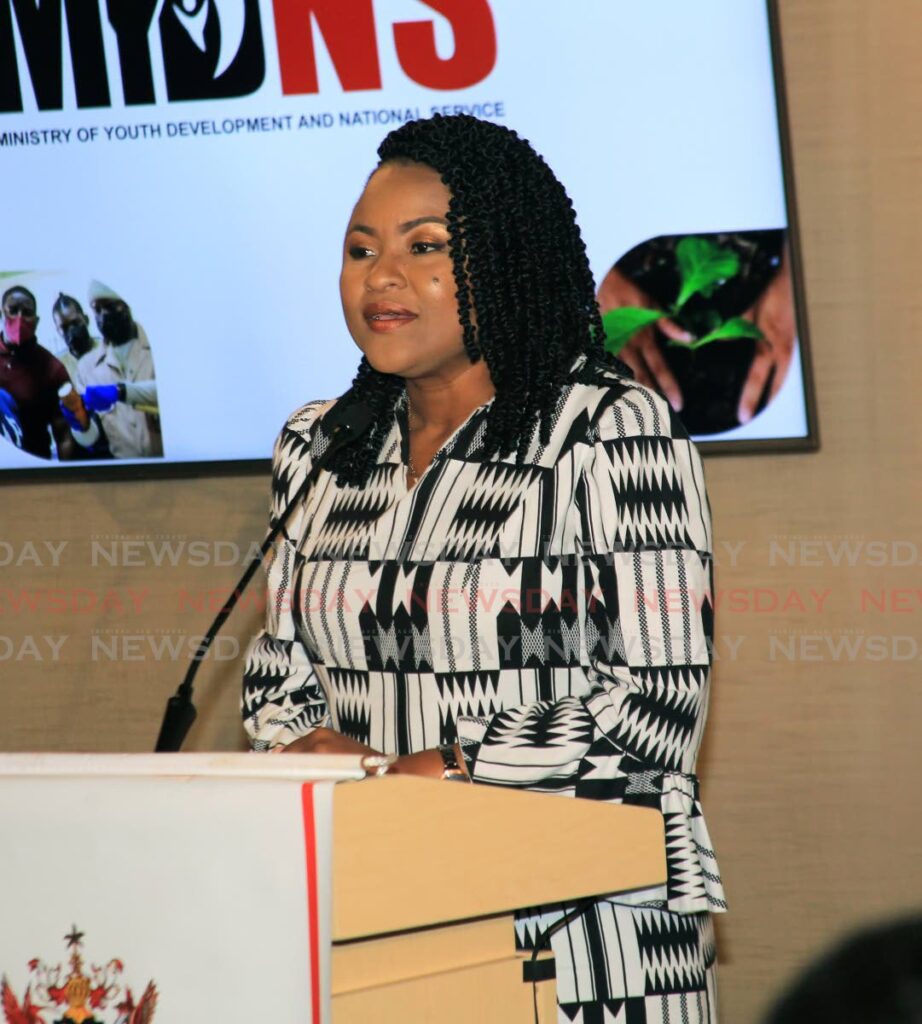Education Ministry: Revision programme not 'knee-jerk' reaction

The Ministry of Education (MoE), in a statement sent on Monday, denied claims that the expansion of its Vacation Revision Programme (VRP) was a knee-jerk reaction to a decline in the performance of students in the Secondary Entrance Assessment (SEA) examinations.
It said the VRP along with the ministry's Remedial Education Programme (REP) – ongoing in 106 schools (80 primary and 26 secondary) – were tangible actions taken to address the long-standing issues of student achievement and equity in educational opportunity.
The ministry said that a “troubling” trend of students falling below the 50 per cent mark in the SEA exams had been ongoing for over a decade.
“In 2010, of the 17,625 students who wrote the SEA, 32.5 per cent scored under 50 per cent and 11.6 under 30 per cent. These figures remained generally within this range over the last 12 years with notable fluctuations during the implementation period of the Continuous Assessment Component.”
It added that of the 19,544 students who wrote the exam in 2021, 47.7 per cent scored below 50 per cent and 17.7 per cent below 30 per cent in 2021. Of the 19,079 students who wrote in 2022, 62.9 students fell below the 50 per cent mark, and 27.8 below 30 per cent. The ministry added that covid19 also had a debilitating effect on education systems around the world with Trinidad and Tobago being no exception.
The ministry also raised concerns over the performance of younger primary-school students.
"Data from the National Test administered to students in standards one and three over the years 2010-2018 also showed less than optimal percentages of students with a satisfactory level of numeracy and literacy."
The ministry noted that there had been a need for a transition programme for students from primary to secondary school for a long time. It said such programmes were global best practice and improved students’ acclimatisation and achievement when they did enter secondary school.
“Over the years there have been numerous approaches to improve student achievement, a most notable one being the attempt to boost SEA grades by using the continuous assessment approach between 2012 to 2016.
“It was unsuccessful at sustainable improvement in student achievement as it did not address the root problems and the numerous operational difficulties associated with implementation, which led to its discontinuation in 2016.”
The ministry explained that the first VRP in 2022 targeted only students who scored 30 per cent or lower in the SEA. The programme included remedial mathematics and English language and English language arts writing, in addition to mentoring, counselling, parenting sessions, and exposure to technical and vocational education and training (TVET) and paramilitary organisations such as Cadets, Scouts and Girl Guides.
This year's VRP, the ministry said, targets students that scored under 50 per cent in SEA for 2023.
In addition, the programme has been expanded to cater for students currently in standards three and four at the 80 primary schools of focus. The ministry said those students had the opportunity to attend free after-school tuition offered at their schools throughout academic year 2022/23 as part of the REP.
Last week, a statement from the ministry indicated that this year's VRP would cater for 10,000 students entering secondary school and a further 5,500 students in standards three and four.
On Monday, the ministry said that announcement was meant to allow the parents of targeted students adequate time to plan for their children's attendance.
"Therefore, the increase in the number of students targeted for VRP 2023 does not speak to a decrease in student achievement, it speaks to the increase in the number of students that are being offered support to achieve educational success."
It added that the VRP was part of an ongoing programme, currently benefiting 25,000 students in 106 schools.
The ministry also said it was actively addressing
an existing shortage of technical and vocational teachers in the education sector.
"The Ministry advertised for teachers in 2022 and again in 2023, for fourteen (14) TVET subjects, as efforts are made to fill these critical vacancies; however, the supply has dwindled over the years, and is much less than the demand.
"To address this, the MoE is in discussion, with the post-secondary institutions, on a dedicated training programme to provide a cohort of TVET teachers to fill these vacancies, even as the TSC)continues to prioritise recruitment in these areas of critical shortages."

Comments
"Education Ministry: Revision programme not ‘knee-jerk’ reaction"